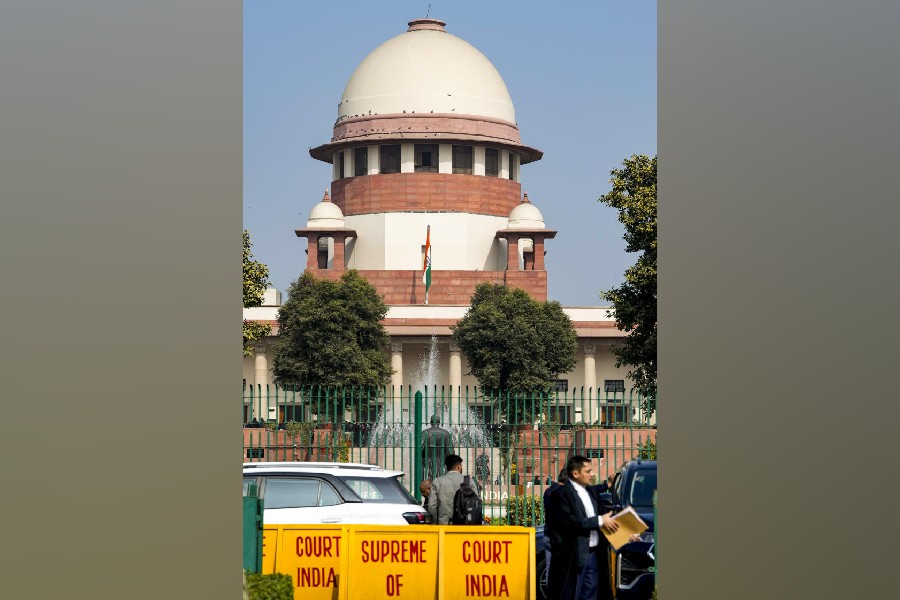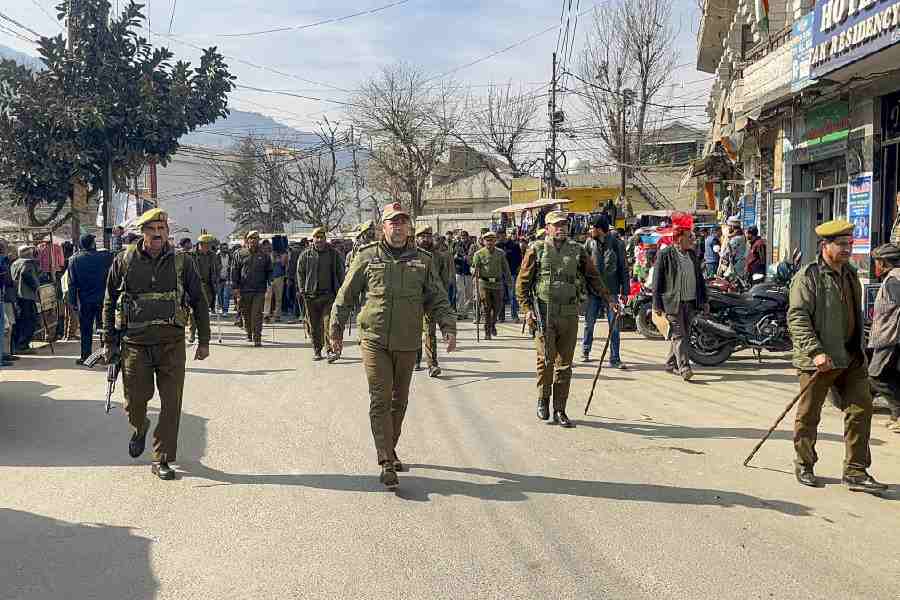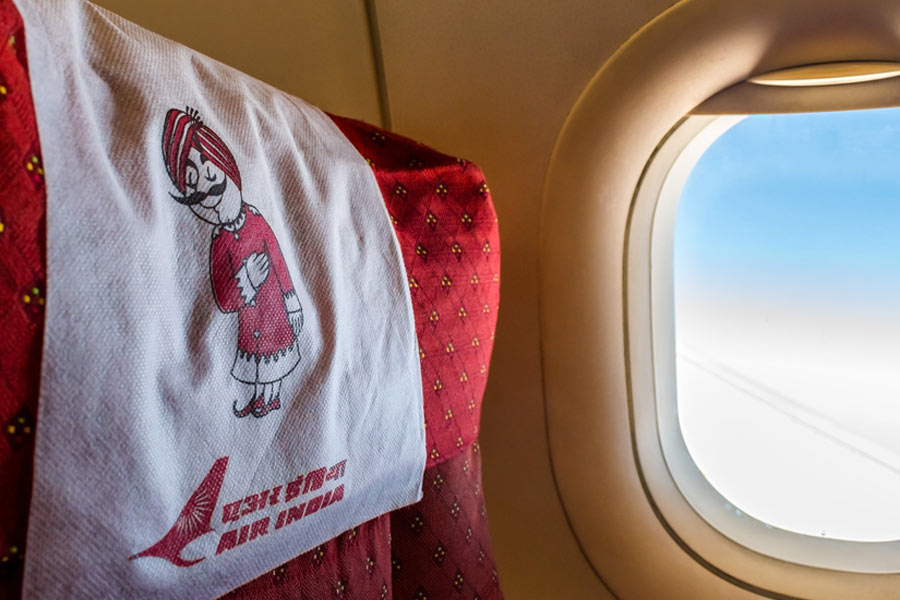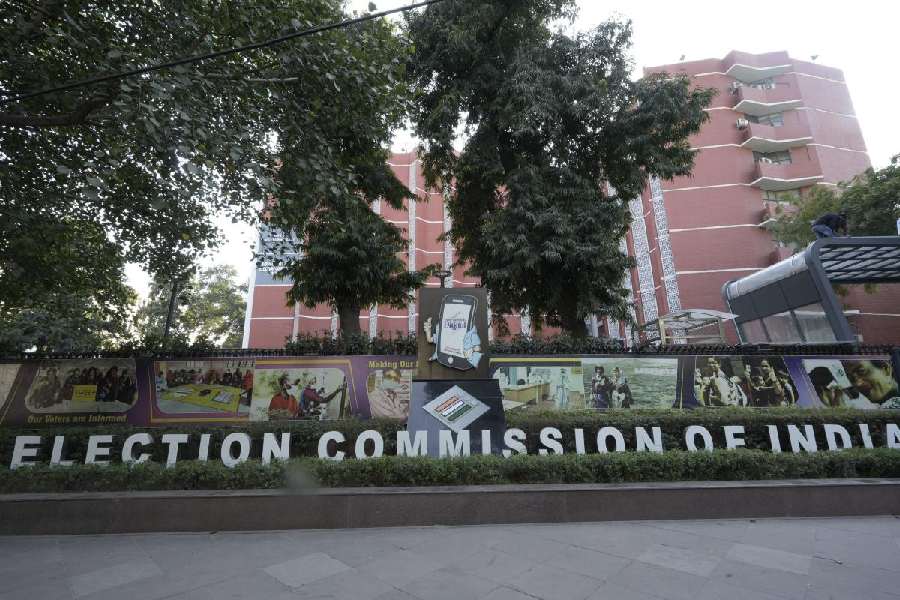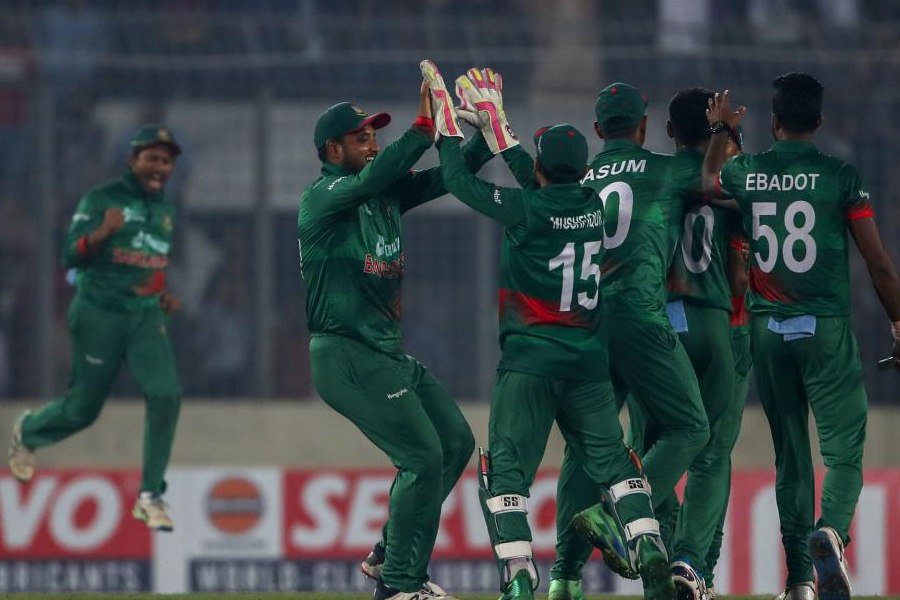 |
| Singhal has her mind set on raising the bar at RIMS. Picture by Ashok Karan |
Puja Singhal?s name features in the Limca Book of Records for being the youngest to enter the IAS cadre at the age of 21 years and seven days.
About a month ago, this 2000 batch IAS officer was appointed director (administration) of Rajendra Institute of Medical Sciences (RIMS). And ever since she joined the medical institute, Singhal has been instrumental in bringing about visible changes.
Born in Dehra Dun, Singhal, who also holds the post of director in the social welfare department, is a no-nonsense officer who prefers to go by the book when it comes to her work.
Singhal completed her graduation from Garhwal University, Dehra Dun, and cleared the IAS examination in her first attempt. She holds an enviable academic track record, having finished in the top brass right from her school days to her university exams.
Before her RIMS days, Singhal was posted as the subdivisional of Hazaribagh and Mahendrapur. During her stint as the SDO of Hazaribagh, she successfully conducted raids on different godowns and seized books for Jharkhand Shiksha Pariyojna, which were being sold illegally.
Married to Rahul Purwar, the current deputy commissioner of Hazaribagh and an IAS officer of the 1999 batch, Singhal also conducted the Viklangta Survey in Jharkhand for the first time to collect data on physically-challenged people in the state.
In an interview with Tuhin Dutta, Singhal talks about her plans and the future of RIMS.
lHow has been the RIMS experience so far?
RIMS has all the facilities and the best of doctors. But a lot remains to be done. Many people are not aware of the different departments and the medical examinations conducted here. Although the hospital is meant for the poor, I feel that all classes of people should feel free to come here.
lDo you find any difference between your approach and the way the hospital has functioned for all these years
The way RIMS functions is completely different from how I like to work. For example, the computer section in the entire hospital is ineffective. There is absolutely no documentation. One does not even know how many staff members are there. Besides, there is an absence of proper routes for the movement of files.
lNegligence towards patients is a problem here. What steps are you taking to improve the situation in this regard?
We have started to distribute feedback forms to patients where they can jot down their responses about the services here. We are also trying to minimise the intervals between changing duty shifts of nurses in a particular ward. We will introduce registers and make it compulsory for a nurse to continue with her duty until another one arrives. We also plan to install water-purifiers here.
Surprise inspections are on to ensure that doctors arrive on time. Besides, a comprehensive health management software is also being developed. Once that is in place, patients will get computerised identity cards with numbers on them. That way, if a patient visits the hospital with the ID card 15 years later, it will not be a problem to find his/her records.
Also on the anvil are a 10-bed model intensive care unit and a coronary unit. The number of beds in the hospital, which is 991 at present, will also be increased to 1,500.
lWhat do you intend to do with the existing equipment?
The condemnation lists of all these machines are missing. I have directed the officials to prepare the lists as soon as possible. We will then do the needful to repair the machines that can be repaired. The other equipment will be scrapped.
lRIMS is an autonomous body but it is still depends on the government, be it for funds or other assistance. What plans do you have to address this matter?
RIMS is not entirely dependent on the government. We do receive funds from the state but being autonomous also helps us generate funds on our own. The practice has been to contact different government departments in case of any problems. But now we have decided to hire engineers on contract who will look after the different sections.
Apart from that, we have also decided to open special cells that will deal with public relations, facility management and human resource.
lDo you feel the interference of committees and political entities affects the functioning of the hospital?s administration?
I don?t think so. Politicians who have risen from the masses themselves help us understand their plight. Besides, the committees, too, help us perform better by identifying the areas that require improvement. The governing body of the hospital does not interfere in the administration.
lThere has been much hue and cry over the ban on private practice for doctors working in RIMS. You have been assuring that proper steps will be taken to implement the ban but so far nothing has been done. What do you have to say about that?
We have identified the doctors who indulge in private practice in spite of drawing non-practice allowances. We want to give them some more time to put an end to their practice. But if the doctors do not conform to the ban after that, we will initiate legal and disciplinary action against them.
lThe Medical Council of India has been threatening to de-recognise some of the courses of RIMS. What is your take on that?
There is absolutely no such threat as of now.
lThe special committee had instructed to get the RIMS regulations approved by August 15. What happened to that?
The regulations have been approved by the governing body and passed over to the finance commissioner.


